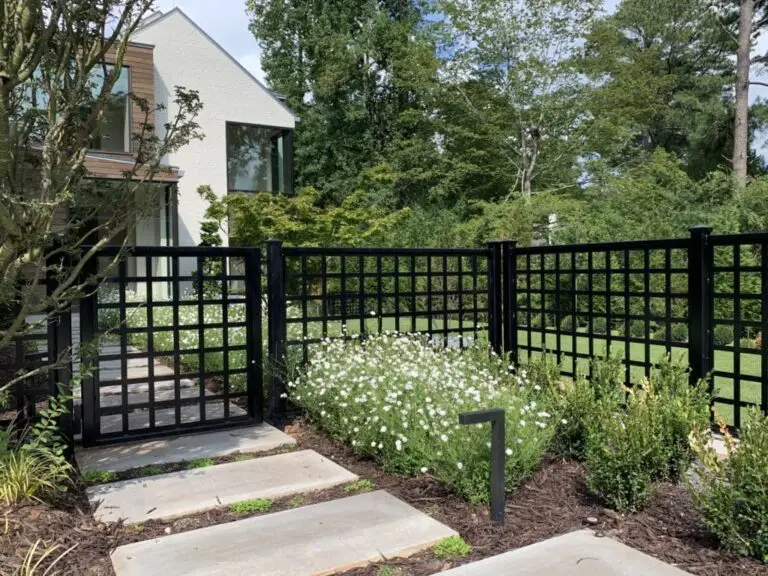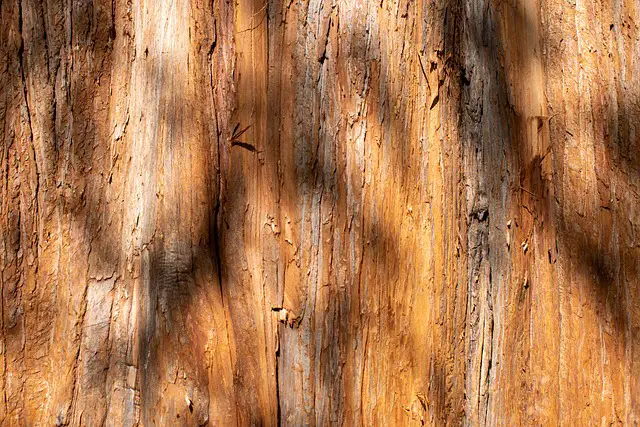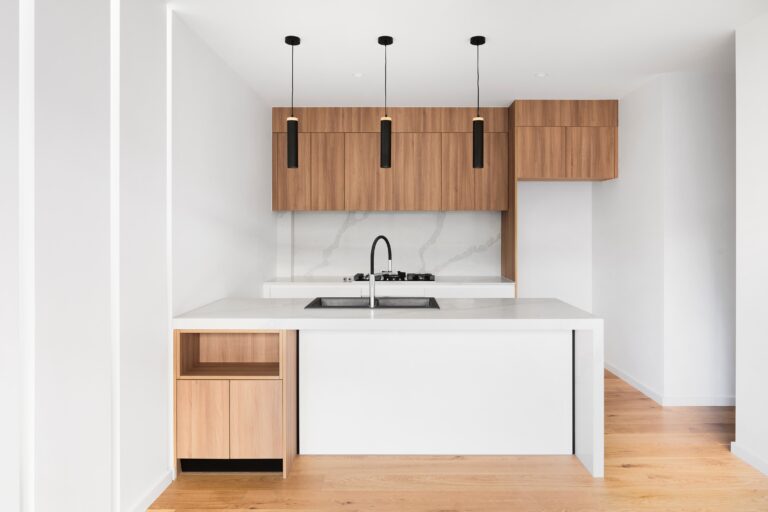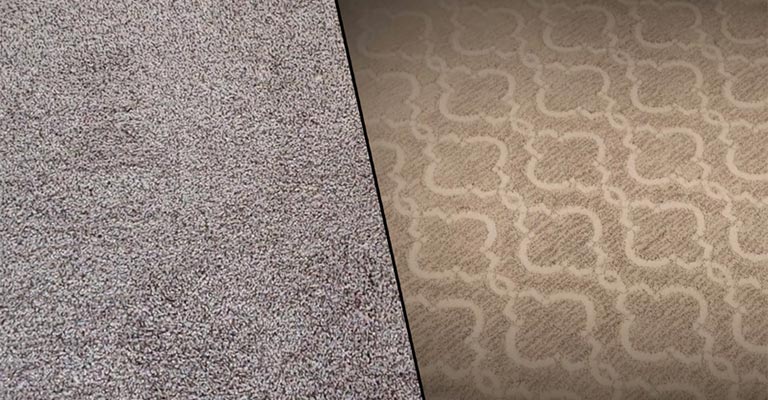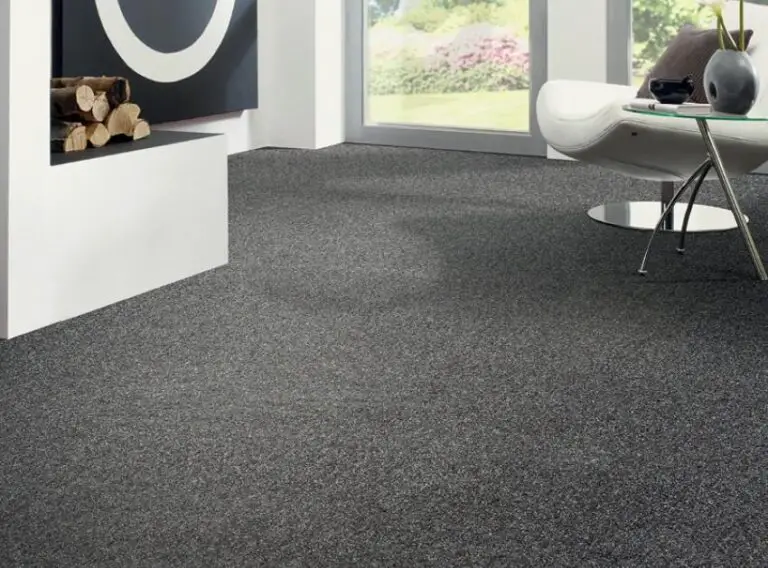Quartz Countertops: Choosing, Installing, and Maintaining

Quartz countertops have become a popular choice for homeowners who are looking for a durable and low-maintenance option for their kitchen or bathroom. Made from a combination of natural quartz and resin, these countertops offer a range of benefits that make them a practical choice for any home.
One of the main advantages of quartz countertops is their durability. Unlike natural stone countertops, which can be prone to chipping and cracking, quartz is highly resistant to damage and can withstand daily wear and tear. Additionally, quartz countertops are non-porous, which means they are less likely to stain or harbor bacteria than other countertop materials.
Another benefit of quartz countertops is their versatility. Available in a wide range of colors and patterns, quartz can be customized to suit any design style. Whether you prefer a sleek and modern look or a more traditional aesthetic, there is a quartz countertop option that will fit your needs. With their durability, low-maintenance requirements, and versatility, it’s no wonder that quartz countertops have become a popular choice for homeowners.
Benefits of Quartz Countertops
Durability
Quartz countertops are known for their impressive durability. Unlike natural stone countertops, quartz is engineered to be non-porous, which means it is resistant to stains, scratches, and heat. This makes it an ideal choice for busy kitchens and high-traffic areas. Additionally, quartz countertops are less likely to chip or crack compared to other materials, which means they will last longer and require fewer repairs.
Low Maintenance
Quartz countertops are incredibly easy to maintain. Since they are non-porous, they do not require sealing like natural stone countertops do. Spills and stains can easily be wiped away with a damp cloth and mild soap, and there is no need to worry about bacteria or mold growth. Quartz countertops also do not require any special cleaning products, which can save homeowners time and money.
Design Versatility
Quartz countertops come in a wide range of colors and patterns, making them a versatile choice for any kitchen or bathroom design. They can also be customized to fit any space, as they can be cut to any size or shape. Additionally, quartz countertops can be designed to mimic the look of natural stone, such as marble or granite, without the high cost or maintenance requirements.
Overall, quartz countertops offer a range of benefits that make them a popular choice for homeowners. With their durability, low maintenance, and design versatility, they are a practical and stylish option for any home renovation project.
Installation Process
Measuring and Planning
Before beginning the installation process, it is important to measure the area where the quartz countertops will be installed. This will ensure that the correct amount of material is ordered and that the installation process goes smoothly. It is recommended to hire a professional to take accurate measurements, as they have the necessary tools and experience to do so.
After measuring the area, it is important to plan the layout of the countertops. This includes deciding on the placement of seams and any cutouts for sinks or cooktops. The installer will work with the homeowner to ensure that the layout meets their needs and preferences.
Tools and Materials
The installation process requires several tools and materials, including:
- Quartz countertops
- Adhesive
- Caulk
- Measuring tape
- Level
- Jigsaw
- Circular saw
- Clamps
- Screwdriver
- Silicone
It is important to use high-quality materials and tools to ensure a successful installation. The installer will typically provide all necessary tools and materials.
Installation Steps
The installation process typically involves the following steps:
- Prepare the area: The installer will remove any old countertops and make sure the area is clean and level.
- Place the countertops: The installer will carefully place the countertops in the correct position and secure them with clamps.
- Cut and shape the countertops: The installer will use a jigsaw or circular saw to cut and shape the countertops as needed to fit the space.
- Install sinks and cooktops: If there are cutouts for sinks or cooktops, the installer will carefully install them and seal them with silicone.
- Seal the seams: The installer will apply adhesive and caulk to seal any seams between the countertops.
- Clean up: The installer will clean up the area and make sure everything is in working order.
Overall, the installation process for quartz countertops requires careful planning, precise measurements, and the use of high-quality materials and tools. It is recommended to hire a professional for the installation to ensure a successful outcome.

Care and Maintenance
Daily Cleaning
Quartz countertops are relatively easy to maintain and clean. Daily cleaning can be done using a soft cloth or sponge and mild soap and water. Avoid using abrasive cleaners or scouring pads, as they can scratch the surface of the countertop. Additionally, acidic or alkaline cleaners should be avoided, as they can damage the surface of the countertop.
Preventing Damage
To prevent damage to quartz countertops, it is important to avoid exposing them to extreme temperatures. Hot pots and pans should not be placed directly on the countertop, as the heat can cause the quartz to crack or discolor. Similarly, cutting directly on the countertop should be avoided, as it can also cause damage.
Long-Term Care
In addition to daily cleaning and preventative measures, quartz countertops require long-term care to maintain their appearance and durability. Sealing is not necessary for quartz countertops, as they are non-porous and do not absorb liquids. However, it is important to wipe up spills immediately to prevent staining.
Overall, quartz countertops are a great option for those looking for a low-maintenance and durable countertop option. With proper care and maintenance, they can last for many years and retain their beauty.
Cost and Value
Pricing Factors
Quartz countertops are typically more expensive than other materials such as laminate or tile. The cost of quartz countertops can vary depending on a number of factors, such as the brand, color, and thickness. Additionally, the complexity of the installation can also affect the price.
One of the biggest advantages of quartz countertops is that they are incredibly durable and low-maintenance. This means that they are likely to last for many years, which can make them a worthwhile investment in the long run.
Comparison with Other Materials
While quartz countertops are more expensive than some other materials, they offer a number of advantages that can make them a better value in the long run. For example, quartz is more durable than laminate or tile, which means that it is less likely to chip, crack, or stain over time.
In addition, quartz countertops are available in a wide range of colors and styles, which can make them a more versatile choice for many different types of kitchens. Finally, because quartz is a non-porous material, it is less likely to harbor bacteria or other harmful substances, which can make it a safer choice for food preparation.
Resale Value
While quartz countertops can be expensive to install, they can also add significant value to a home. In fact, many real estate experts consider quartz countertops to be a major selling point for homes, particularly in high-end markets.
This means that investing in quartz countertops can be a smart financial decision, as they are likely to increase the resale value of a home. Additionally, because quartz is such a durable and long-lasting material, it is likely to remain in good condition for many years, which can help to maintain the value of a home over time.
Frequently Asked Questions (FAQs)
Q: What are the maintenance requirements for quartz countertops?
A: Quartz countertops are relatively low maintenance and require only a few simple steps to keep them looking their best. Regular cleaning with a mild detergent and warm water is usually sufficient. Avoid using abrasive or acidic cleaners that can damage the surface. Wipe up spills promptly and use trivets or hot pads to protect the surface from heat damage.
Q: How does the durability of quartz compare to granite countertops?
A: Quartz is known for its durability and strength, making it a popular choice for kitchen and bathroom countertops. While granite is also a durable material, quartz is less porous and more resistant to stains and scratches. Quartz is also less likely to crack or chip compared to granite.
Q: What cleaning products are safe to use on quartz surfaces?
A: It is recommended to use a mild detergent and warm water to clean quartz countertops. Avoid using abrasive or acidic cleaners that can damage the surface. If needed, a non-abrasive cleaner specifically designed for quartz surfaces can be used.
Q: Can quartz countertops increase home value compared to other materials?
A: Quartz countertops are a popular choice for homeowners and can increase the value of a home compared to other materials. However, the exact increase in value will depend on several factors, including the location and condition of the home.
Q: What is the average cost range for installing quartz countertops per square foot?
A: The cost of installing quartz countertops can vary depending on several factors, including the quality of the quartz, the complexity of the installation, and the location of the home. On average, the cost per square foot for quartz countertops ranges from $50 to $150.
Q: What color options are available for quartz countertops?
A: Quartz countertops come in a wide range of colors and patterns, making it easy to find a style that fits your design preferences. Some popular color options include white, gray, black, and beige, as well as more vibrant colors like blue and green.
Conclusion
The cost of quartz countertops is justified by their long-term value, combining engineered quartz’s resilience with the aesthetic appeal of options like white quartz. Engineered from one of the hardest minerals on earth, ground quartz, mixed with recycled glass and resin, these countertops are not only scratch-resistant but also maintenance-free, making them an excellent choice for kitchen countertops.
Their resistance to high temperatures and ability to remain food safe further underscore their practicality, ensuring they meet the demands of both indoor and outdoor use with elegance. Quartz countertops offer a harmonious blend of functionality and beauty. The engineered process behind quartz countertops imbues them with qualities that natural stone can sometimes lack, such as a more uniform appearance and enhanced durability against daily wear and tear.
Whether you’re drawn to the sophisticated look of white quartz or the eco-friendly aspect of incorporating recycled glass, these countertops promise a sustainable, stylish surface that stands up to the rigors of daily life without compromising on beauty. Their inherent scratch resistance and ability to withstand high temperatures make them a smart choice for any kitchen, affirming their status as a top contender for those seeking a balance between aesthetic appeal and practical, maintenance-free living.


